Handbook of Social Choice and Welfare
This second part of a two-volume set continues to describe economists' efforts to quantify the social decisions people necessarily make and the philosophies that those choices define. Contributors draw on lessons from philosophy, history, and other disciplines, but they ultimately use editor Kenneth Arrow's seminal work on social choice as a jumping-off point for discussing ways to incentivize, punish, and distribute goods.Develops many subjects from Volume 1 (2002) while introducing new themes in welfare economics and social choice theoryFeatures four sections: Foundations, Developments of the Basic Arrovian Schemes, Fairness and Rights, and Voting and ManipulationAppeals to readers who seek introductions to writings on human well-being and collective decision-makingPresents a spectrum of material, from initial insights and basic functions to important variations on basic schemes
{{comment.content}}
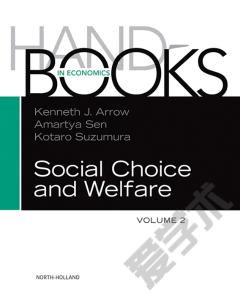

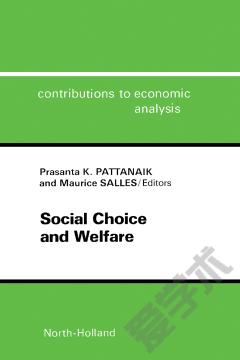

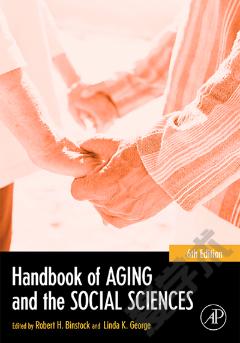
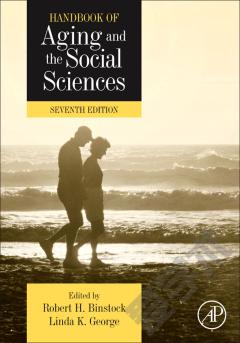
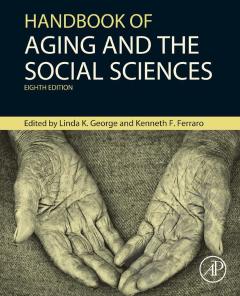

 京公网安备 11010802027623号
京公网安备 11010802027623号